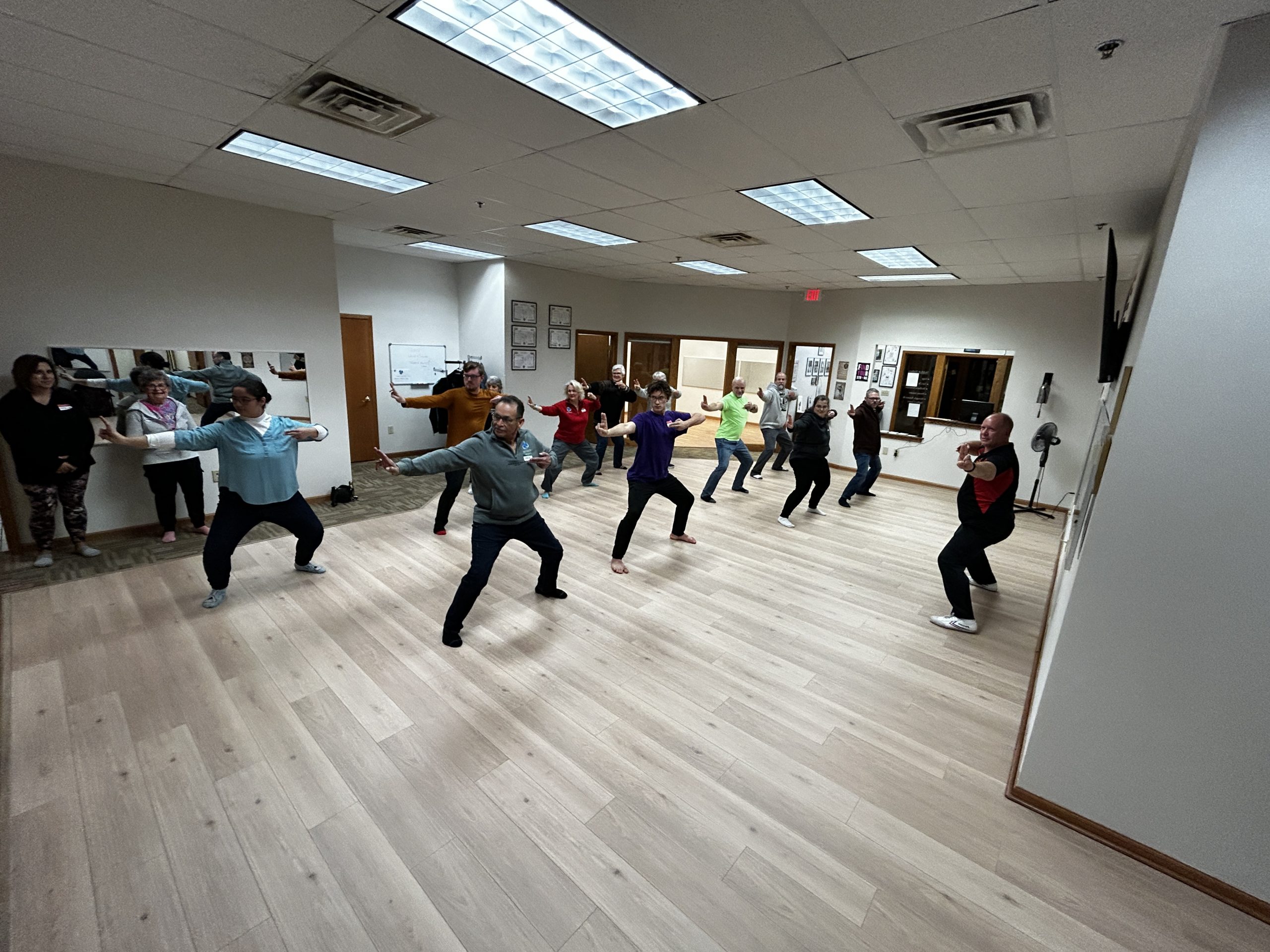Wisconsin Tai Chi Academy is pleased to announce a new partnership with Midwest Shorin-Ryu Health and Wellness Center to include Tai Chi classes as part of their range of services
Tag: classes

New Class Commencing in Wauwatosa, WINew Class Commencing in Wauwatosa, WI
Wisconsin Tai Chi Academy is pleased to announce the opening of a new class in Wauwatosa, WI. Commencing July 16, 2024, WTCA will be offering classes at Mount Mary University

WTCA Launches New Youth Scholarship AwardWTCA Launches New Youth Scholarship Award
Wisconsin Tai Chi Academy has launched its new Youth Scholarship Award, with two scholarships being offered for young people aged between 15 and 24 years of age in 2024. The

New Class Starting In Whitewater, WINew Class Starting In Whitewater, WI
Wisconsin Tai Chi Academy is pleased to announce the opening of a new class in Whitewater, WI. Commencing April 22nd, 2023, WTCA will be offering classes at the Whitewater Seniors

Six Tips Before You Start Tai Chi ClassSix Tips Before You Start Tai Chi Class
I’ve been an Instructor of Tai Chi for a number of years now, and a student of Tai Chi much longer than that. Over that time my knowledge and understanding

WTCA Now Accepting Installment Plans to Help More People Enjoy Tai ChiWTCA Now Accepting Installment Plans to Help More People Enjoy Tai Chi
Wisconsin Tai Chi Academy strives to make Tai Chi and Qigong accessible to as many people as possible. While we always try to keep our fees as low as possible,

Announcing a New Class in Cedarburg!Announcing a New Class in Cedarburg!
Wisconsin Tai Chi Academy is pleased to announce we will be opening a new class in Cedarburg. The new class will be held at Faith Lutheran Church on Tuesday mornings

New Term and New ClassesNew Term and New Classes
Wisconsin Tai Chi Academy’s second term of the year commences in the first week of April and there are now four class locations to choose from. Our original classes in

Wisconsin Tai Chi Academy Announces New Partnership and Class with Momentum Movement ClinicWisconsin Tai Chi Academy Announces New Partnership and Class with Momentum Movement Clinic
Wisconsin Tai Chi Academy is pleased to announce our new partnership with Momentum Movement Clinic and will be commencing a new Tai Chi class at their premises in Brookfield, Wisconsin,

We’re Growing – Help Us Decide WhereWe’re Growing – Help Us Decide Where
In 2022 we're looking to add more classes to give greater opportunities for people to learn and enjoy Tai Chi and Qigong. Help us decide where our next classes will

